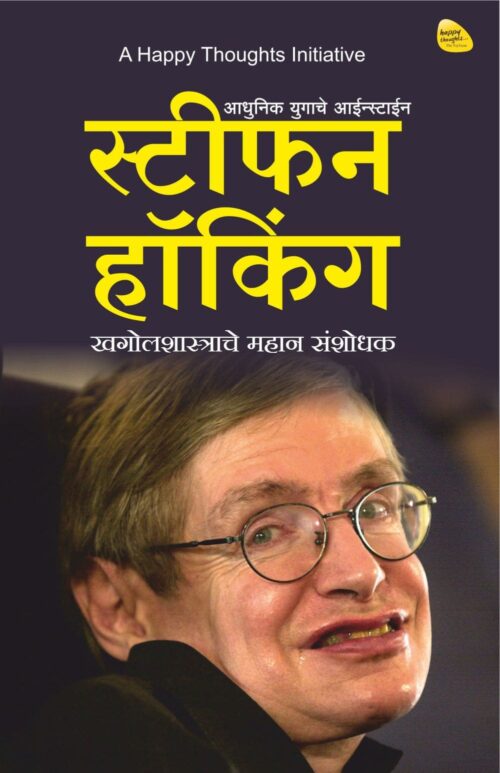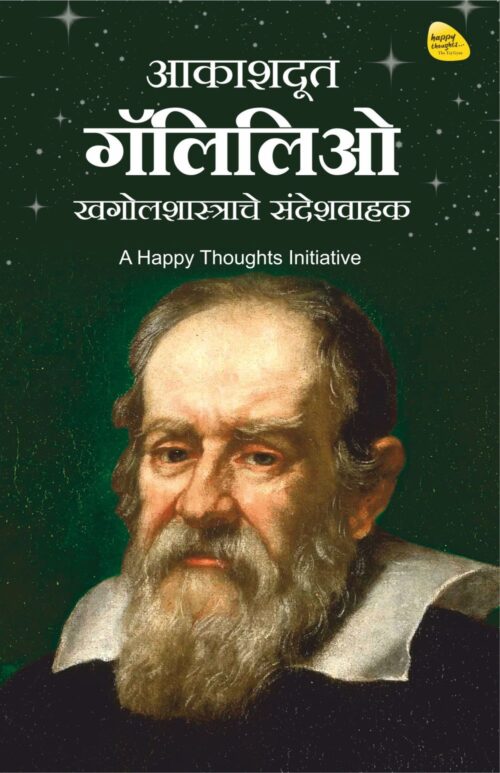
Discovering True Contentment in Life’s Endeavors
In our hectic daily lives, we often relate to the feeling of missing or lacking something. It could be as trivial as a missing ingredient in our food, the absence of love and support from our dear ones, a gap in our progress toward our health goals, the lack of spiritual progress, or even something missing in a celebration or incident. Our minds naturally gravitate toward “what’s missing” as we strive to make everything perfect around us.
Consider the analogy of a missing tooth; our tongue often feels that gap even when the rest of the teeth function perfectly. This tendency of frequently focusing on what’s missing leads us to a state of incompleteness, disrupting our peace and equanimity.
Let us further understand this with an example. Imagine a lady who chooses to be a homemaker and is very content in being the bedrock of support and comfort for her entire family. Yet a single comment from someone about how she is missing out on life by being a homemaker draws her attention toward a feeling of lack, thereby disrupting her peace and contentment and breeding disharmony in her relations. We can probably relate to similar experiences in our lives where our focus on what’s missing disrupts our peace.
We can draw inspiration from the lives of several saints, where their daily activities were deemed menial by society. However, they rejoiced in these activities as they were absorbed in profound contentment, focusing on their divine purpose. Saint Kabir was a weaver, Saint Namdev a tailor, and Saint Ravidas a humble shoemaker. They dedicated their activities to a higher purpose and thus were able to help countless people transform their lives. For them, all their activities were ordained by God. They focused on the divine purpose with complete surrender, thus attaining lasting contentment. Saint Ravidas, for instance, made shoes and often gave them away for free, thus alleviating the weary pilgrims’ sufferings and aiding them in their spiritual quests.
Everyone seeks happiness in their endeavors. Focusing on the superficial details and societal interpretations of their activities can lead them to a feeling of incompleteness, robbing them of their innate peace and contentment. Conversely, by focusing on the significance and purpose of their activities, they can discover innate joy in their actions and unleash immense creativity in their daily tasks. This is a simple way to avoid the habitual drift toward incompleteness. By shifting one’s focus to what one is already blessed with and aligning with the deeper purpose of their endeavors, one can renew one’s enthusiasm, uncovering and experiencing the innate joy within oneself.
History is replete with examples of individuals who, despite adversity, found profound joy and contentment in the completion of their endeavors. When their actions align with their deeper purpose, incredible and far-reaching outcomes unfold naturally.
The path to this creative and joyful state involves recognizing and acknowledging our thought patterns that lead us toward “what’s missing,” a feeling of lack or incompleteness. We can shift our focus back to this simple yet enriching way of discovering the importance and purpose of all our endeavors rather than focusing on the immediate outcomes to lead a contented life of fulfillment and gratitude.
To embark on the journey to supreme contentment, read the book, “The Power of Contentment” by Sirshree.


















Add comment